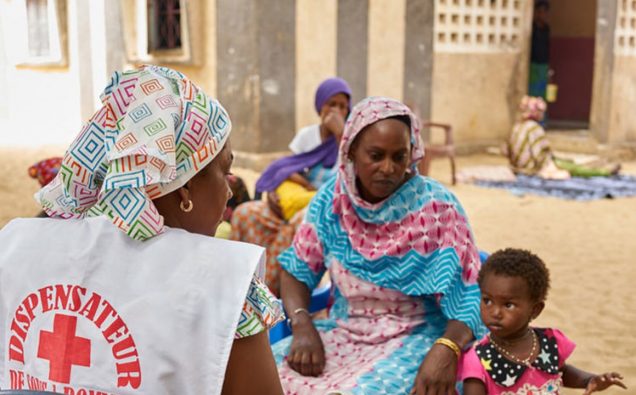
The report by the World Health Organization (WHO) and partners also points out that there are problems with delivering quality health care across all countries.
The findings should sound alarm for poor nations as they lag behind in meeting 2030 UN-set goals for healthcare of their people.
The situation “would still be poor” without the delivery of effective care, WHO says.
“Inaccurate diagnosis, medication errors, inappropriate or unnecessary treatment, inadequate or unsafe clinical facilities or practices — or providers who lack adequate training and expertise — prevail in all countries,” the agency said in a statement.
According to the UN News Center, the challenge is greatest in low- and middle-income countries, where 10 per cent of hospital patients acquire an infection during the course of their stay, compared to 7 per cent elsewhere.
Besides, some low-income nations have a spate of other challenges.
For example, clinical guidelines are followed in less than 50 per cent of cases, resulting in “low-quality antenatal and childcare”, as well as “deficient” family planning, according to the report by WHO, the World Bank and the Organization for Economic Cooperation and Development (OECD).
Inadequate clinical practice was also “common” in private and public clinics in several low- and middle-income countries, the study found, with some demonstrating diagnostic accuracy as low as 34 per cent.
The report warns that ineffective health coverage can result in widespread diseases.
For instance, the report notes that in Liberia, inadequacies there allowed the 2014 Ebola epidemic “to proliferate rapidly”.
The virus exposed “largely absent” infection prevention and control where it was most needed, along with several “persistent” systemic constraints.
As for high-income countries, the report says that 1 in 10 patients is harmed during medical treatment, and that around 15 per cent of hospital expenditure can be put down to mistakes in care or having to treat patient infection.
On the positive side, the report notes that despite the challenges, the report noted some progress in improving the quality of care, for example in survival rates for cancer and cardiovascular disease.
About the role of technological innovation, the report says it already “plays a key role” in offering ways to expand high-quality health-care services rapidly and affordably.
“Many” low- and middle-income countries have developed successful strategies to improve the quality of health coverage, but all that is missing is a “global platform to share this knowledge.”

















